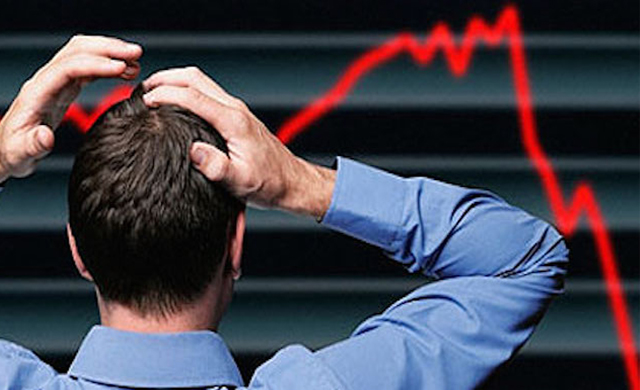
Yesterday wasn’t too super for the pound, with GBP exchange rates broadly declining in the wake of the BoE’s latest interest rate decision.
GBP/EUR dropped to a low of €1.1838, GBP/USD fell from $1.2944 to $1.2853, GBP/AUD edged from AU$1.7570 to AU$1.7439, GBP/NZD closed the day at NZ$1.8839 (up from a low of NZ$1.8774) and GBP/CAD dropped from C$1.7754 to C$1.7620.
Will the pound recover today? Keep scrolling to find out…
What’s been happening?
Given that there wasn’t much going on for most of the week, the spotlight was really on Thursday’s trio of Bank of England (BoE) announcements.
Although ‘Super Thursday’ is the name applied when the BoE makes its interest rate decision, releases meeting minutes and publishes its inflation report, there wasn’t much super about yesterday.
Hopes that the central bank might vote for an increase in borrowing costs in the near future were quashed when only one member of the Monetary Policy Committee (MPC) voted for an immediate adjustment.
BoE Governor Mark Carney added to the pound’s woes. When asked if the current level of stimulus being employed by the central bank is excessive, he replied; ‘The stimulus isn’t excessive, it’s appropriate, first point, and that’s the judgement of the committee.’
Bets that borrowing costs won’t change until 2019 saw the pound fall away from its recent multi-month highs against the US, Australian, New Zealand and Canadian dollars.
The day’s other UK news wasn’t so hot either, with industrial output slowing in March and the nation’s trade deficit widening.
What’s coming up?
With no UK news on the calendar for today, the pound may struggle to recover yesterday’s losses before the weekend.
Today’s Eurozone news (German growth and inflation numbers) came in largely as expected, although non-seasonally adjusted Q1 year-on-year growth beat forecasts and rose to 2.9%.
The GBP/USD exchange rate could slide further this afternoon if the US inflation report shows that consumer price pressures remained above target in April.
Looking ahead to next week and the main UK news to focus on includes the nation’s inflation, employment and retail sales data.
Rising inflation could pressure the BoE into reconsidering its current stance on interest rates, so a stronger-than-anticipated result may boost GBP.
A decent uptick in average earnings would also bolster the pound, as would signs that consumer spending remained strong in April.


 Hot Features
Hot Features












